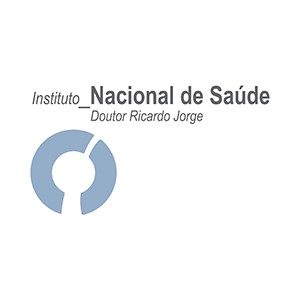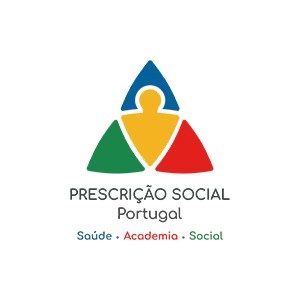Integrated and community-based health and social care services offer new and untapped opportunities to generate health and address the diversity and complexity of health and social issues faced by different populations and individuals. Person-centred, primary health care systems linked to a wider set of locally-available and accessible services, such as social, cultural, educational and employment services, have the potential to enhance the quality of life of people facing vulnerability and to improve population health and wellbeing at large. So, what impact does social prescribing have upon society and what is the significance of collaboration between sectors?
EuroHealthNet’s recent Country Exchange Visit (CEV) in Lisbon brought together representatives of member organisations and from the Portuguese local government to share their experiences and initiatives on 'promoting health in the community: social prescribing and other strategies'.
Sited in the corner of the small, packed room, Joaquim (not his real name) - a man, aged between 70 and 79 years old and who had recently received a social prescription - raised his hand, stood up and said to the twenty representatives of the nine countries participating in the event:
“Thank you for being here and for your interest in what we are doing. I just want to say I need to leave the room now. I have a theatre rehearsal and I cannot miss it. To be in Senior University has just changed my life and has made me feel like a better person. It makes me happy.”
Unexpectedly, at that moment my life changed. More than in all the other webinars I could have attended or documents I could have read, this was the turning point where I realised how social prescribing could help to build healthier communities and fit perfectly into the wider concept of positive health.
Joaquim’s eyes and the emotion he expressed through his comment brought me the sense I had been searching for, for so long elsewhere. The idea of social prescribing suddenly seemed to become a reality and with that the implementation of all the theoretical ideas about “health in all policies”, the inspiring speeches that we had listened to, and all the documents we had read made sense. All at once, social prescribing took the shape of the last piece of the puzzle. It could indeed promote health through an individual’s ability to adapt, self-manage their lives and be resilient to the demanding social and environmental crises we are currently facing.
Broadening Perspectives
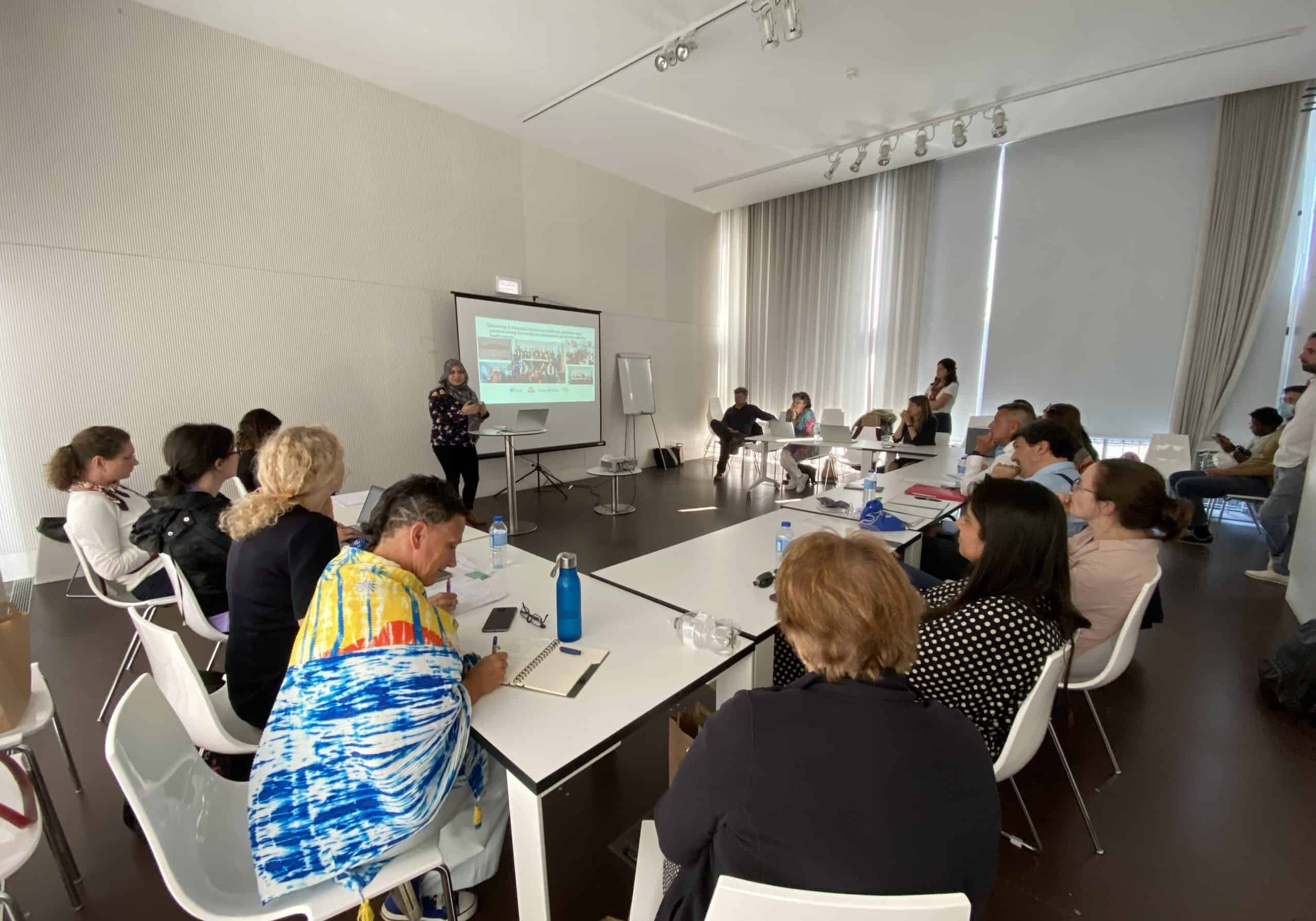

The Country Exchange Visit on the topic of social prescribing was hosted by the Portuguese National Institute of Health Dr Ricardo Jorge, following a pre-pandemic initial proposal from the Health Promotion Unit of the Department of Health Promotion and Prevention of Non-communicable diseases (DPS). It was only at the end of 2021 that I was taken on board to organise the event and it was here that I met Cristiano Figueiredo – a family doctor based in central Lisbon. Shortly after this encounter, it would dawn on me just how impactful this experience would have on my life.
Cristiano is the co-founder and co-coordinator of a social prescribing project pilot in Lisbon. He is also the coordinator of NOVA PSOA - a research group at the National School of Public Health-Nova University Lisbon. The research group works towards implementation and evaluation of social prescribing in Portugal based on interdisciplinary work, reinforcing and establishing new bridges between academia, the health sector, and the social sector.
At that time, maybe due to my previous background in pharmaceuticals, I was confined to the perception that social prescribing was purely an insightful way to control medicated prescriptions as an answer to clinical conditions, as it provided social alternatives to health problems. However, organising the CEV with the key players on the ground, I had the opportunity to see that social prescribing is much more than just “prescribing options”. It could effectively promote collaboration across stakeholders, through a holistic approach, taking a broad perspective, all whilst focusing on contributing to a sustainable, resilient, and just society.
Helping Cristiano and myself organise this visit was my colleague, Alexandra Costa. Alexandra acted as the backbone to this visit, clarifying any doubts, erasing hesitations and checking each step of the programme, in addition to suggesting pertinent ideas of how to share the (already) built foundations for promoting health in the community.
Experiencing community engagement
My first experience with the participants from the voluntary and community sector was with ‘Cozinha popular da Mouraria’ and it was here where participants enjoyed a meal during the CEV.
Cozinha popular da Mouraria was more than just a restaurant to visit in-between visits. It was an interesting place to participants, supporting unemployed adults in creating their own business through a monitoring and mentoring programme aimed at growing ideas in and around food production. During our lunch, not only was food served, but we also experienced and understood the support that is needed to aid individuals and allow such commitment to flourish.
To be closer to the local community and demonstrate the ongoing intersectoral collaboration between primary care and the third sector, the CEV also visited the Mouraria Creative Hub - an innovation and creative centre that usually hosts community meetings to develop social prescribing activities. On site, participants had the opportunity to hear about the crucial role outlets such as cultural hubs (museums and gardens), centres for immigrant aid (centre 1 & centre 2), voluntary organisations and associations involved in social networks support (Example 1, 2, 3) play in acting to address the social determinants of health, reducing health inequalities, and improving health and wellbeing.
Strolling through the squeezed, colourful, and lively streets of the Mouraria district, all participating members had the opportunity to informally share experiences with three social prescribing initiatives, each created to engage and promote the arts and mental health in older people, integrate Nepalese immigrants into the community and put forward social participation in the district. Last but not the least, we ended up stretching our legs and discussing our day during dinner at the É um restaurant, where service is provided by people who have been homeless, with the objective being to improve people’s quality of life.

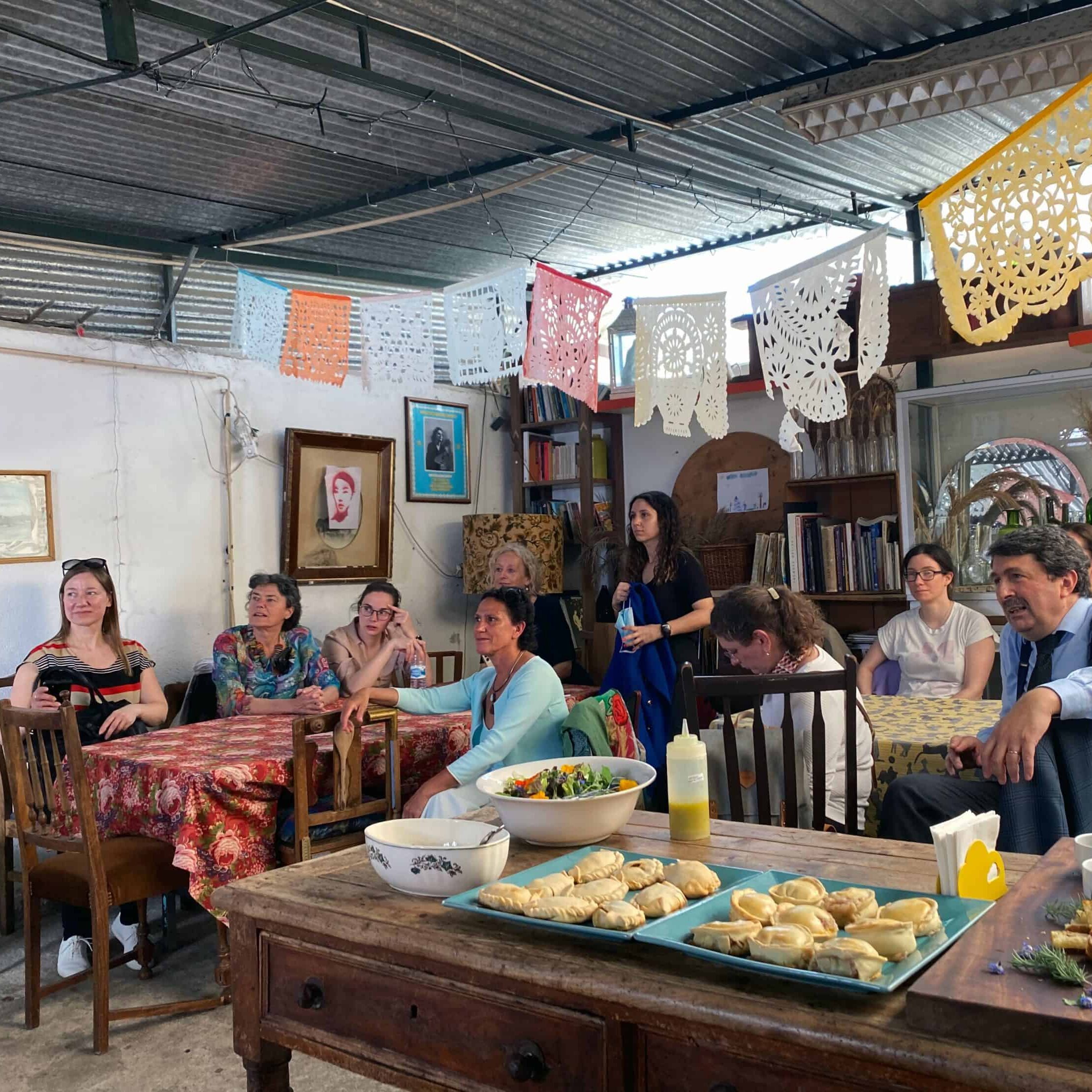
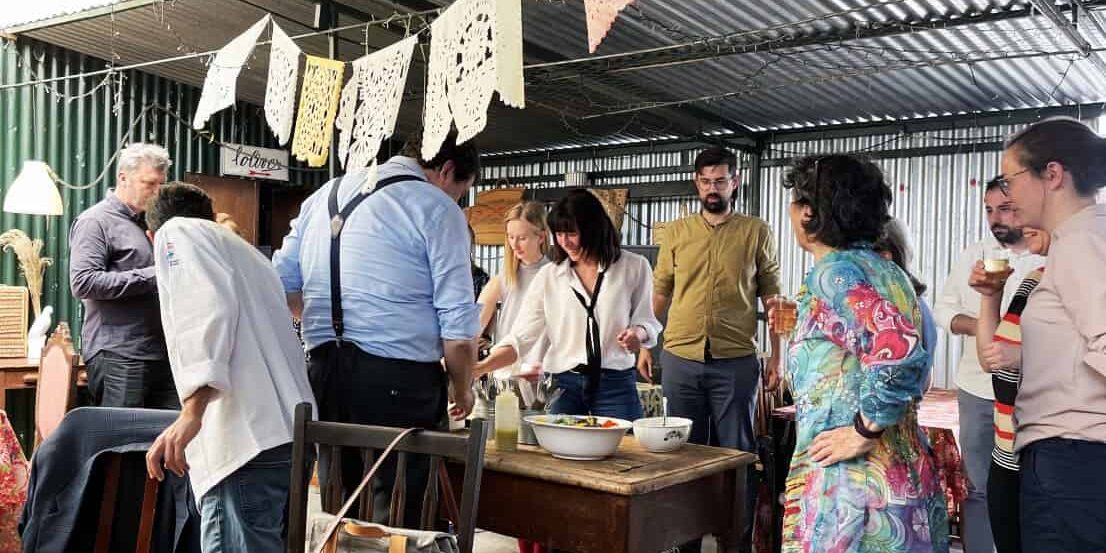
As the day drew to evening, we were all exhausted and tired, but I had gained a great sense of enlightenment, having a new burst of energy, with a kind of sparkle that moved me - even if I couldn’t yet understand why.
During the next morning, the experience was wrapped around an enthusiastic discussion between EuroHealthNet members after such an eye opening encounter with the parish, Junta de Freguesia de Santa Maria Maior. There, I understood once more that, after all, it is about people. We should all focus on making people healthier and happy, and we should (and need) to do it all together from the health, social, economic, educational through to the cultural sectors.
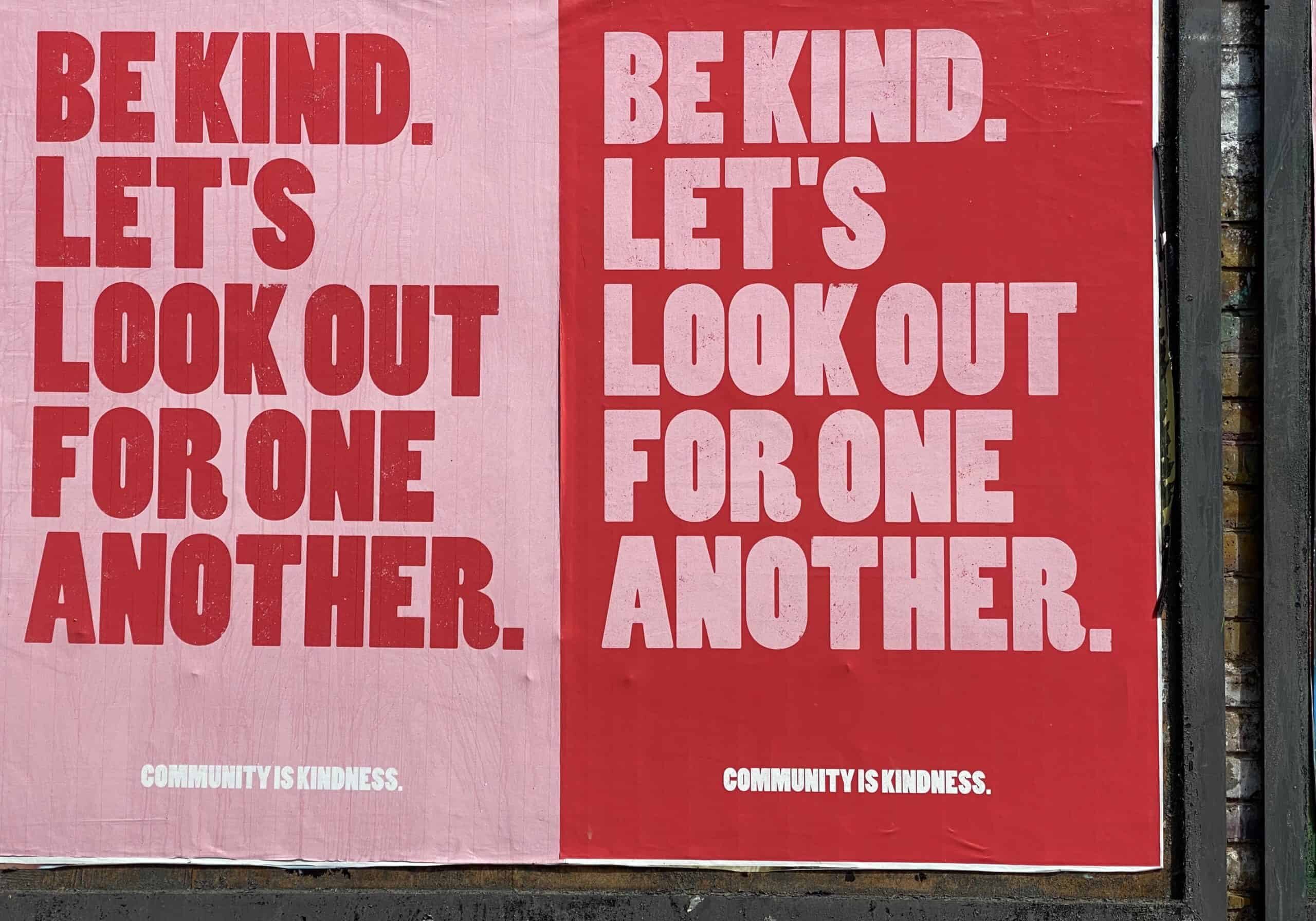
Personal growth
Yes, I believe that the best things in life often come unannounced. They just happen. Then, it is in our hands to take the blessed opportunity to make them flourish.
Hopefully, I will again sit at a table with Cristiano, Alexandra, and EuroHealthNet partners. I will hold inside the hope taken from all the ideas, hypothesis, guidelines, and roads opened during our discussions, fruitful exchanges, and true sharing we had in our CEV.
Today, my professional life has a new meaning and I count on EuroHealthNet to help us pave the way forward for social prescribing towards a healthier and fairer society. Let’s change more lives!
Acknowledgements
I would like to thank Teresa Caldas de Almeida and Alexandra Costa (Health Promotion Unit of the Department of Health Promotion and Prevention of Non-Communicable Diseases-DPS- at National Institute of Health Dr Ricardo Jorge-INSA) for proposing social prescribing as the topic for the EuroHealthNet Country Exchange Visit, and for all the support and precious help organising it. I am also particularly grateful to Cristiano Figueiredo for his outstanding work, motivation, and enthusiasm on the development of social prescribing in Portugal and giving me the opportunity to meet the ones that are in the field changing lives. Importantly, I want to thank all social prescribing partners from the social and non-profit sector for all your dedication on their projects and actions to promote and strengthen community health and wellbeing. To EuroHealthNet a special thanks to Lina Papartyte, David Hargitt, Ingrid Stegeman and Caroline Costongs for their hard work on putting this event together. At INSA, I want to express my gratitude particularly to Francisco Branco (IT Team), Astrid Vicente (DPS), Cristina Abreu dos Santos and Fernando de Almeida (Executive Board) without whom this event could not have been possible. Finally, to Joaquim and all the health centre users: you are the reason why social prescribing has a sense. You make us believe is worth it. To all, I deeply thank you to have changed my life.

Luciana Costa
Luciana Costa (MSc, PhD, PharmD) is a researcher in theDepartment ofHealth Promotion andPrevention of non-communicable diseases (DPS) at the Portuguese National Institute of Health Dr Ricardo Jorge and Professor at Egas Moniz Higher School of Health. She holds a PhD in Biomedical Sciences (Immunology Specialisation), an MSc in Medical Physics and holds a Degree in Pharmaceutical Sciences.
Presently, her main research interests are Health Impact Assessment, the promotion, exchange, scaling-up, transfer of Good Practices in Health Promotion and Prevention of NCDs at national and European level, and (very recently) Social Prescribing development in Portugal. For several years, she has been working closely with WHO Regional Office for Europe and EuroHealthNet, supporting these areas of study. Among others, Luciana Costa is also involved in capacity building, dissemination of scientific culture and Health Literacy activities.
Prior to her decision to move into Health Promotion and Prevention of NCDs domain in 2015, she focused on the study of the immunologic determinants of NCDs as Head of the Molecular and Cellular Immunology Group in R&D Unit from DPS at INSA.

